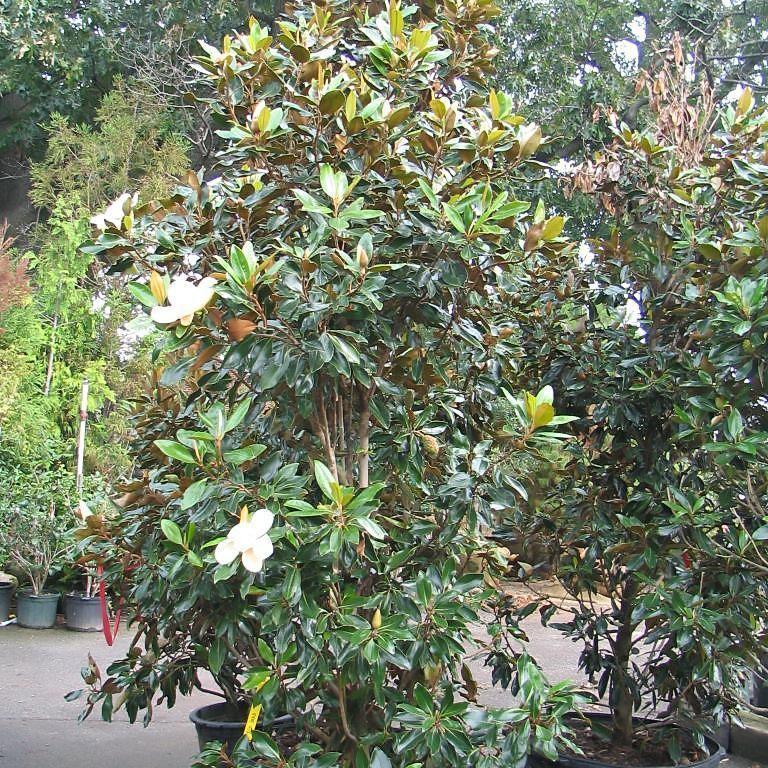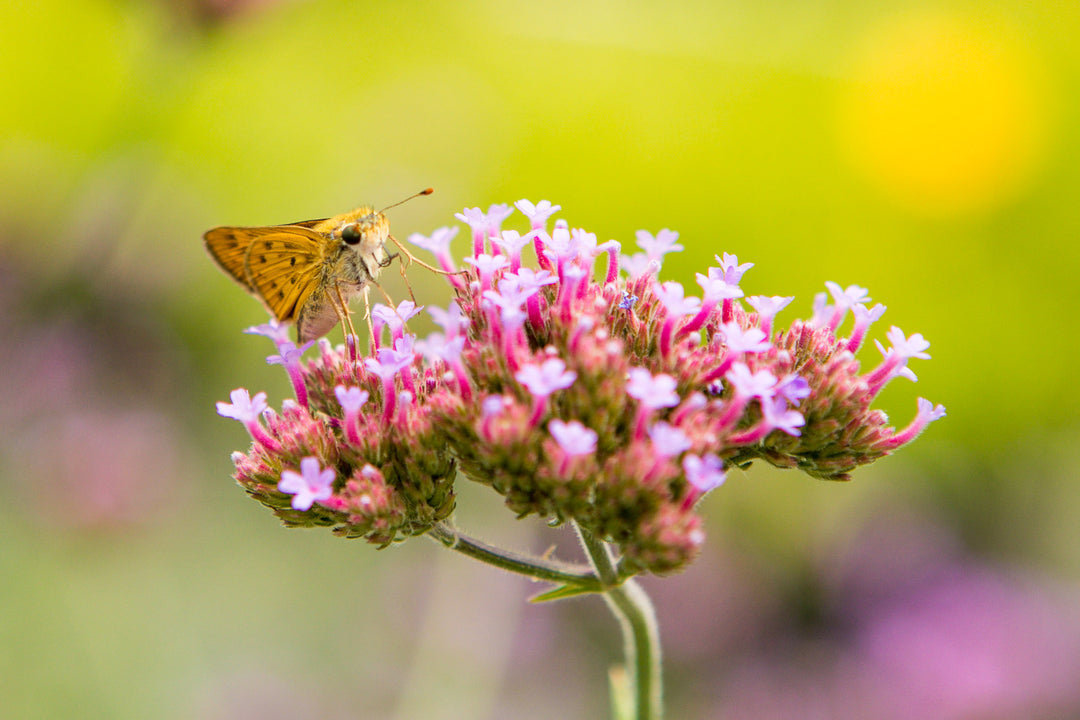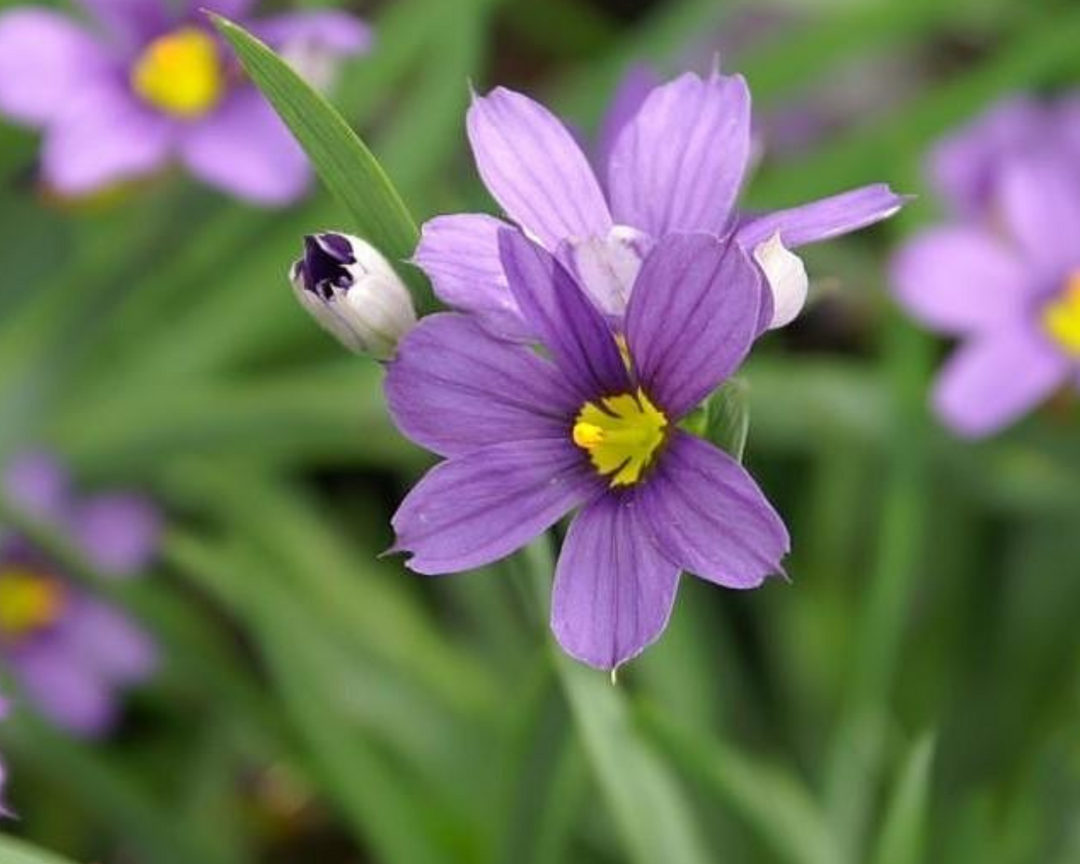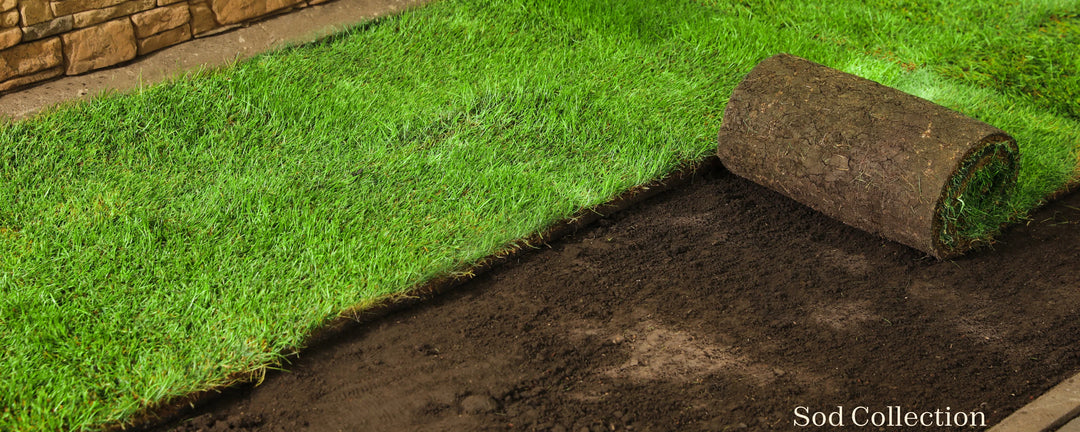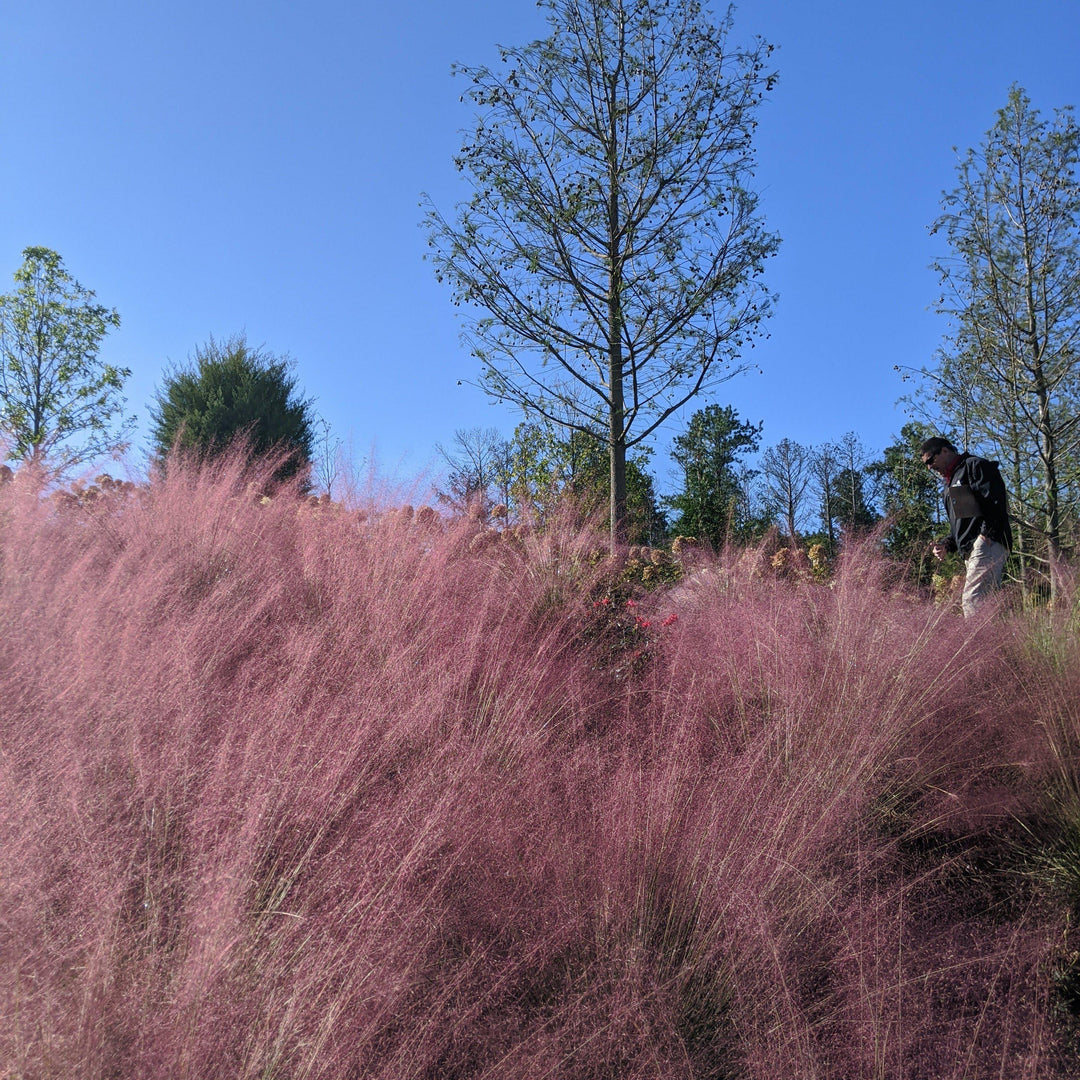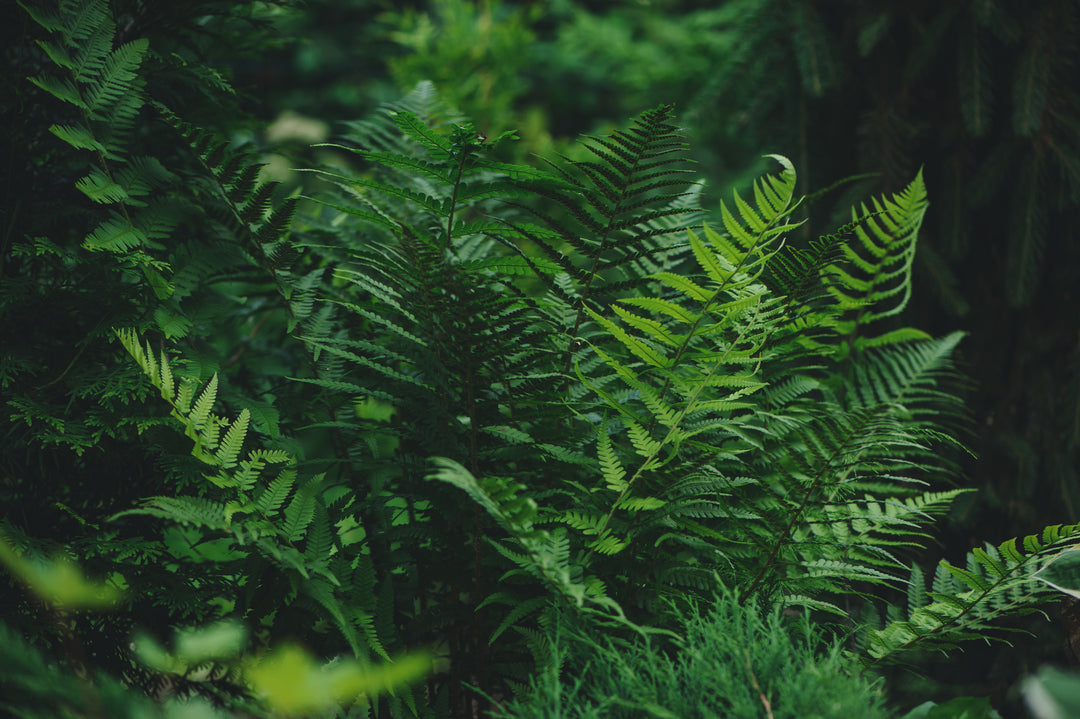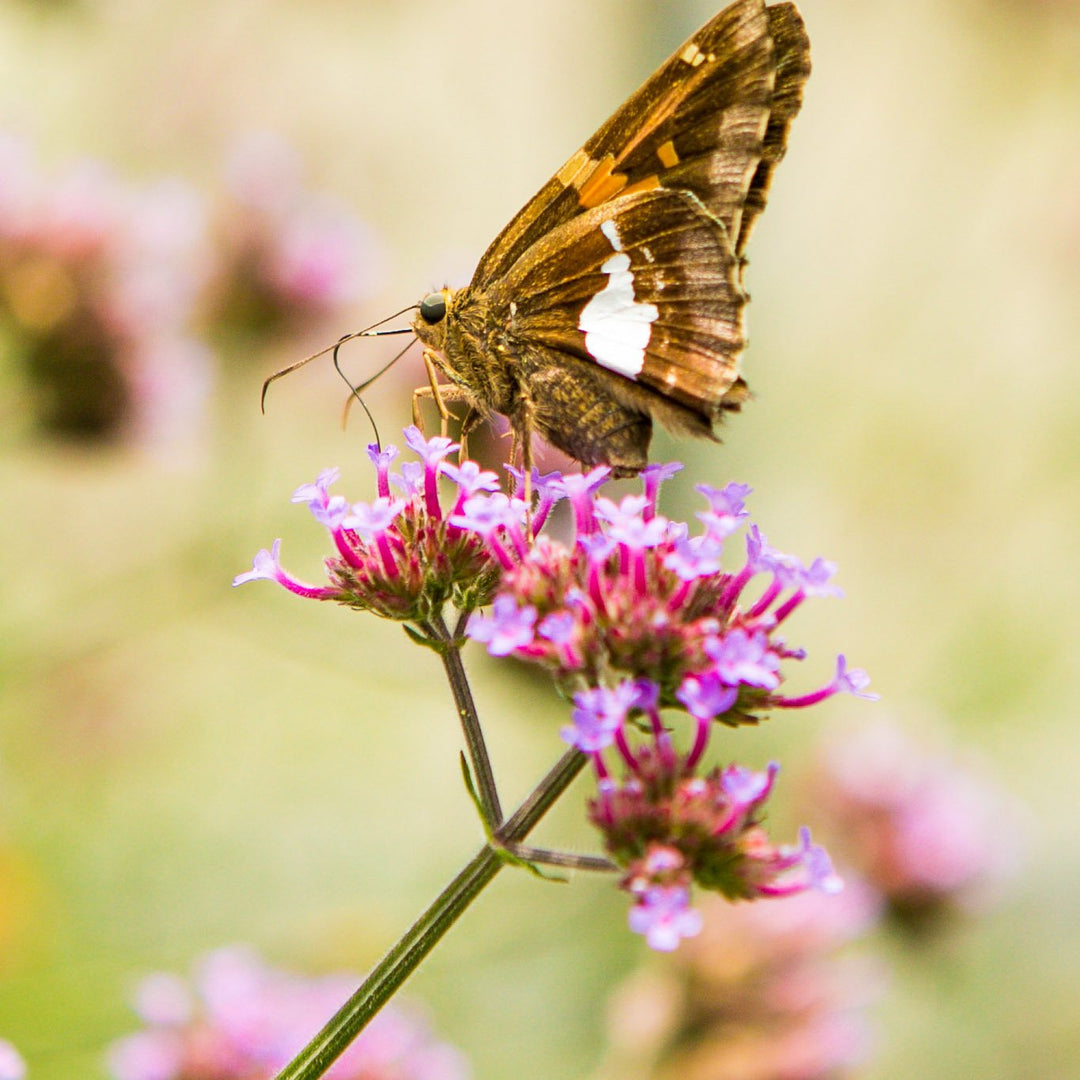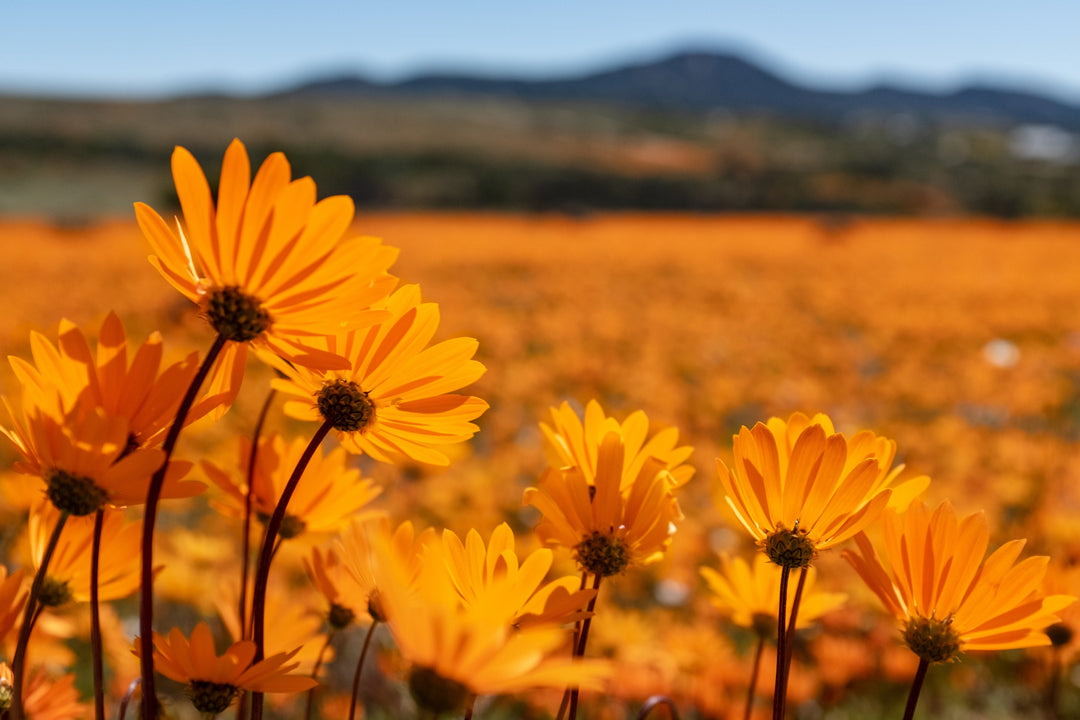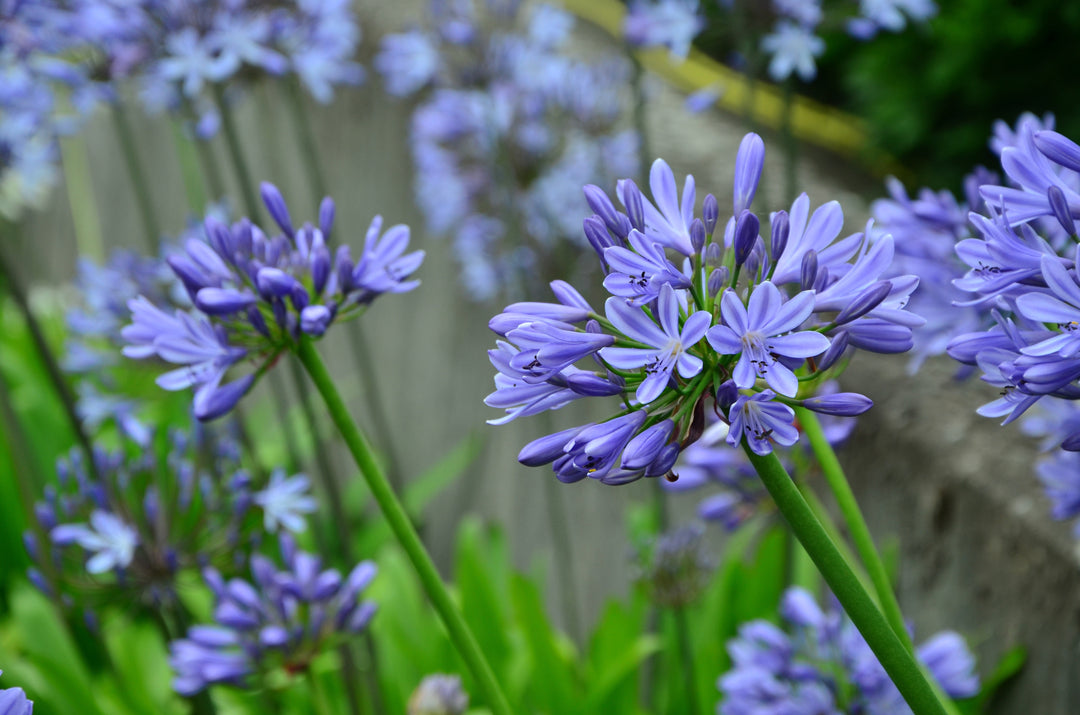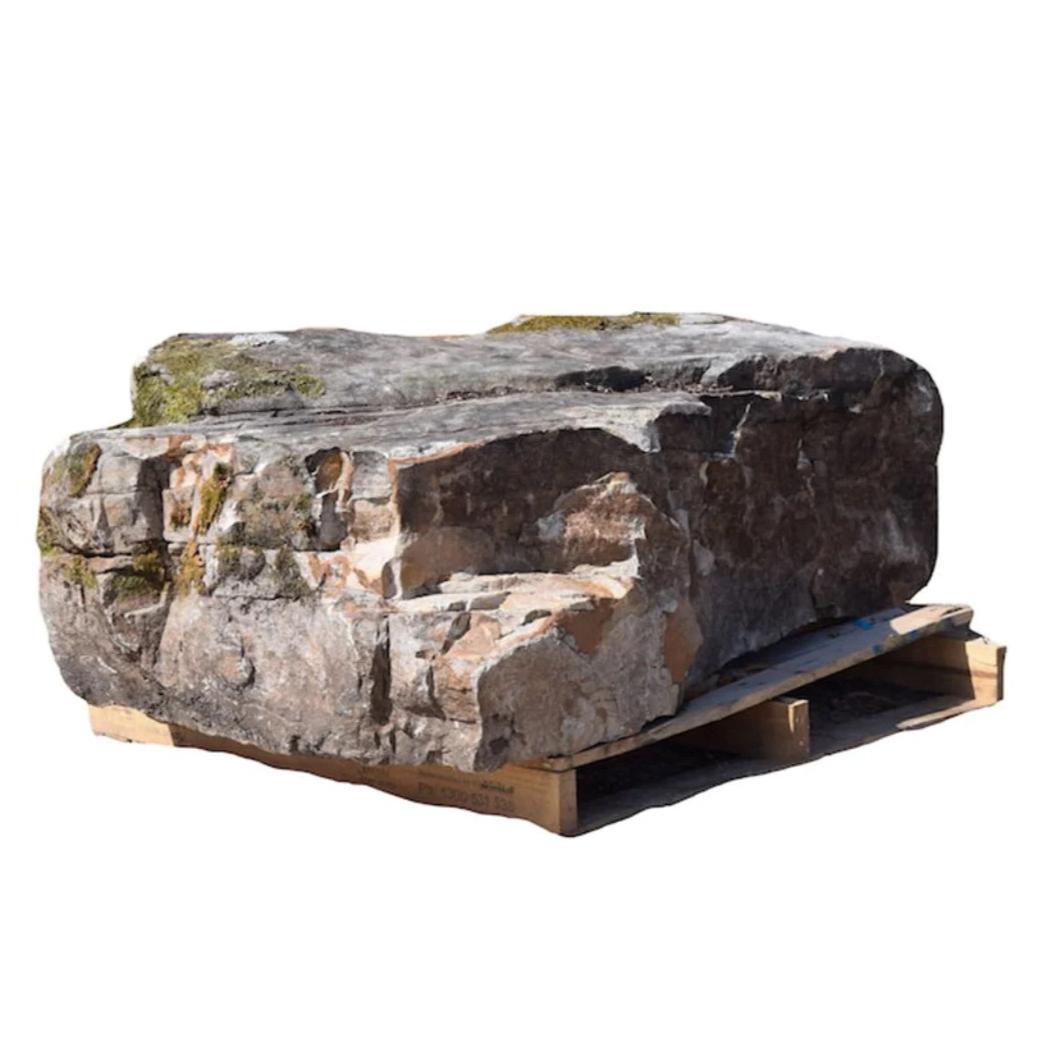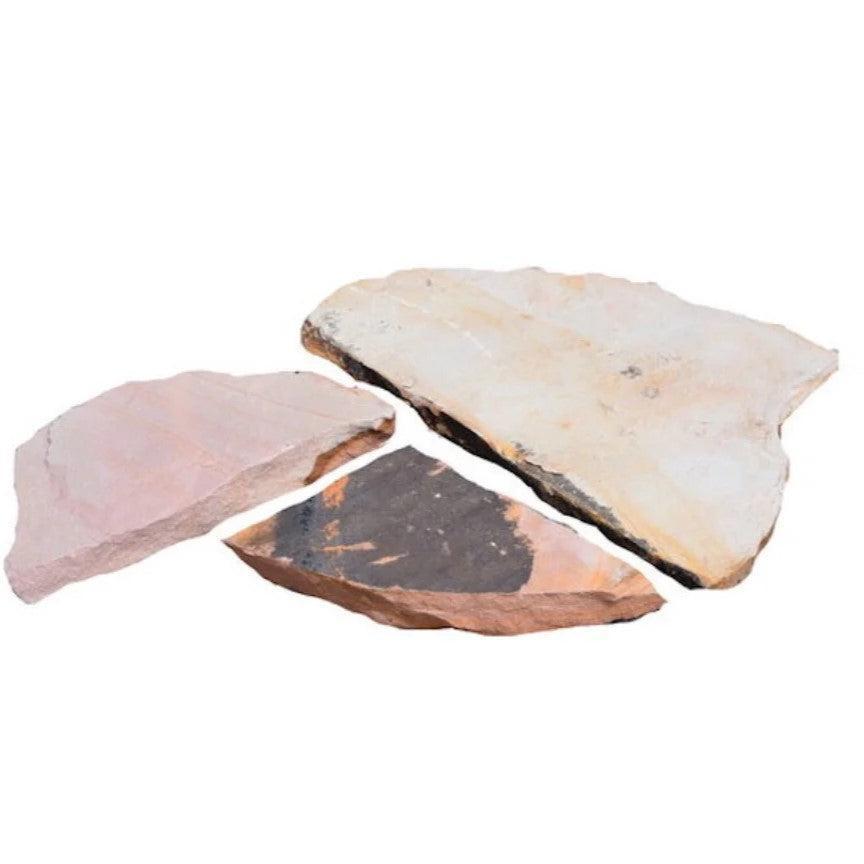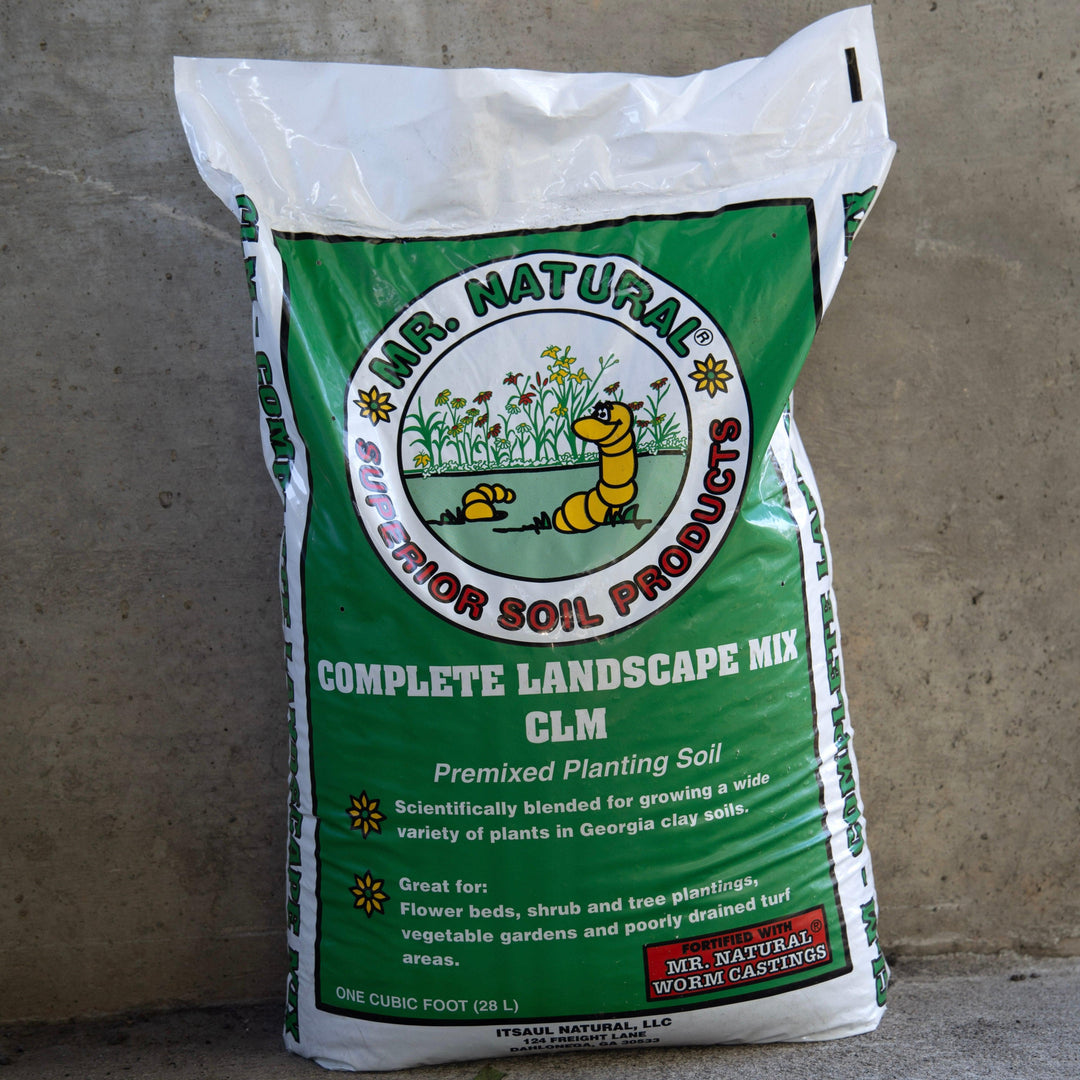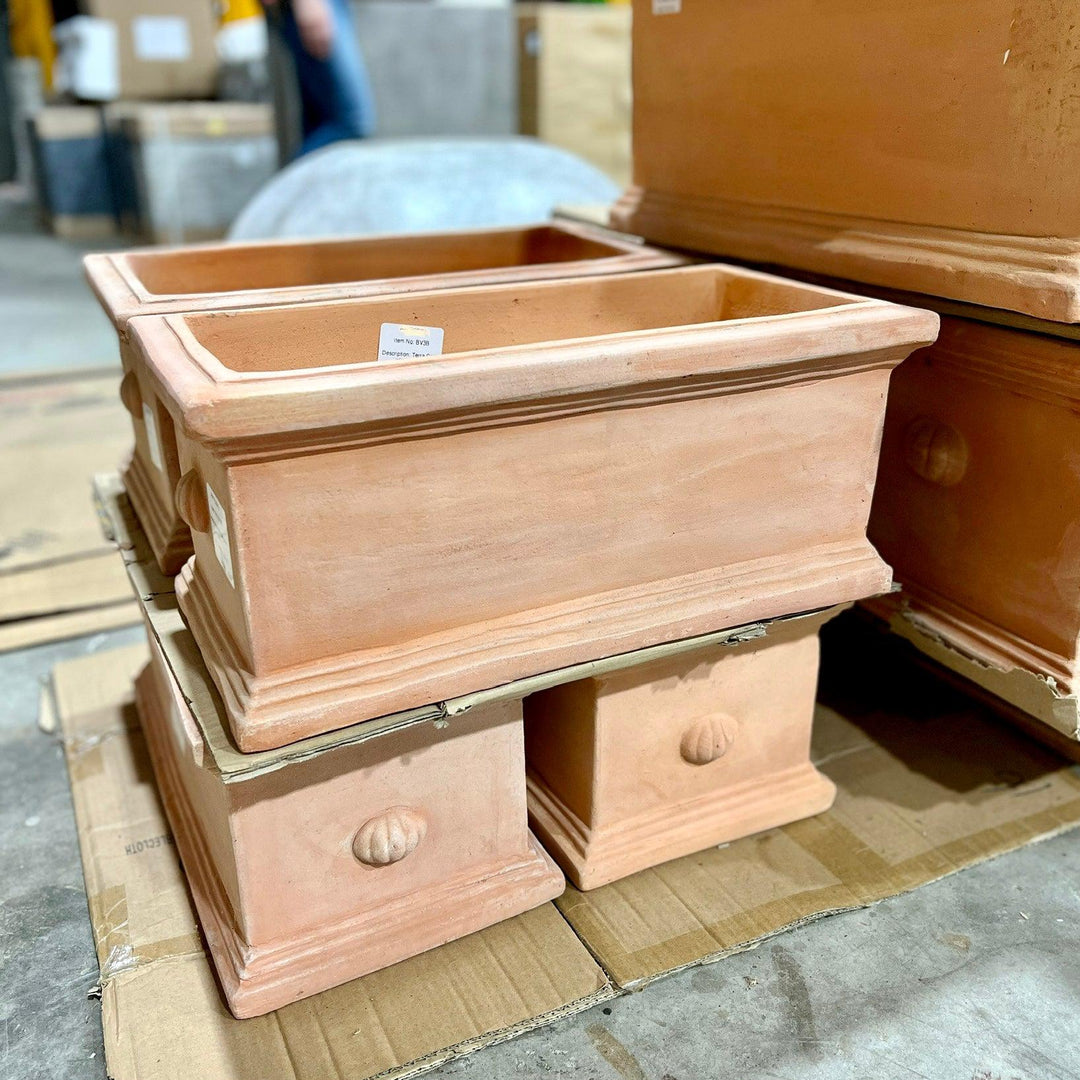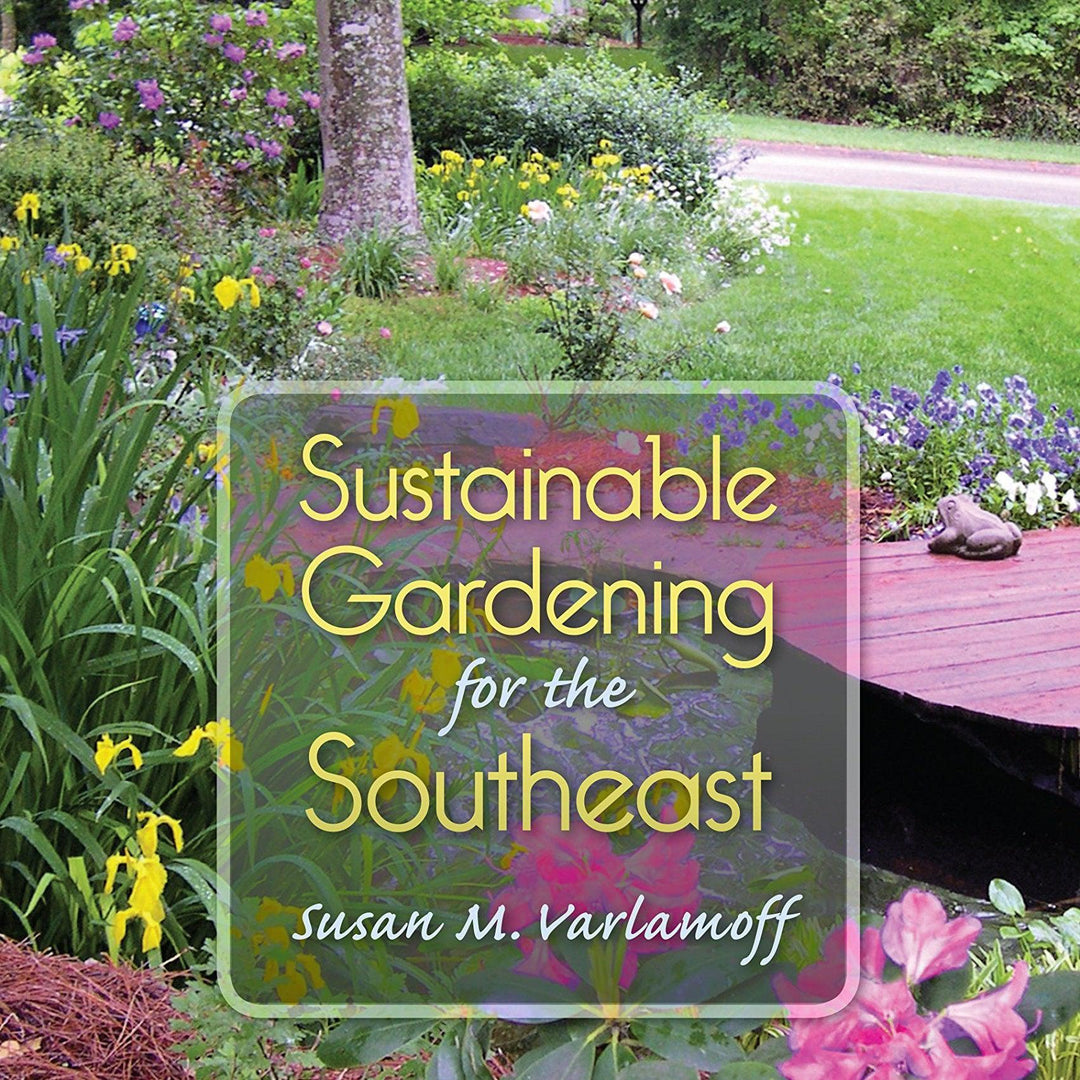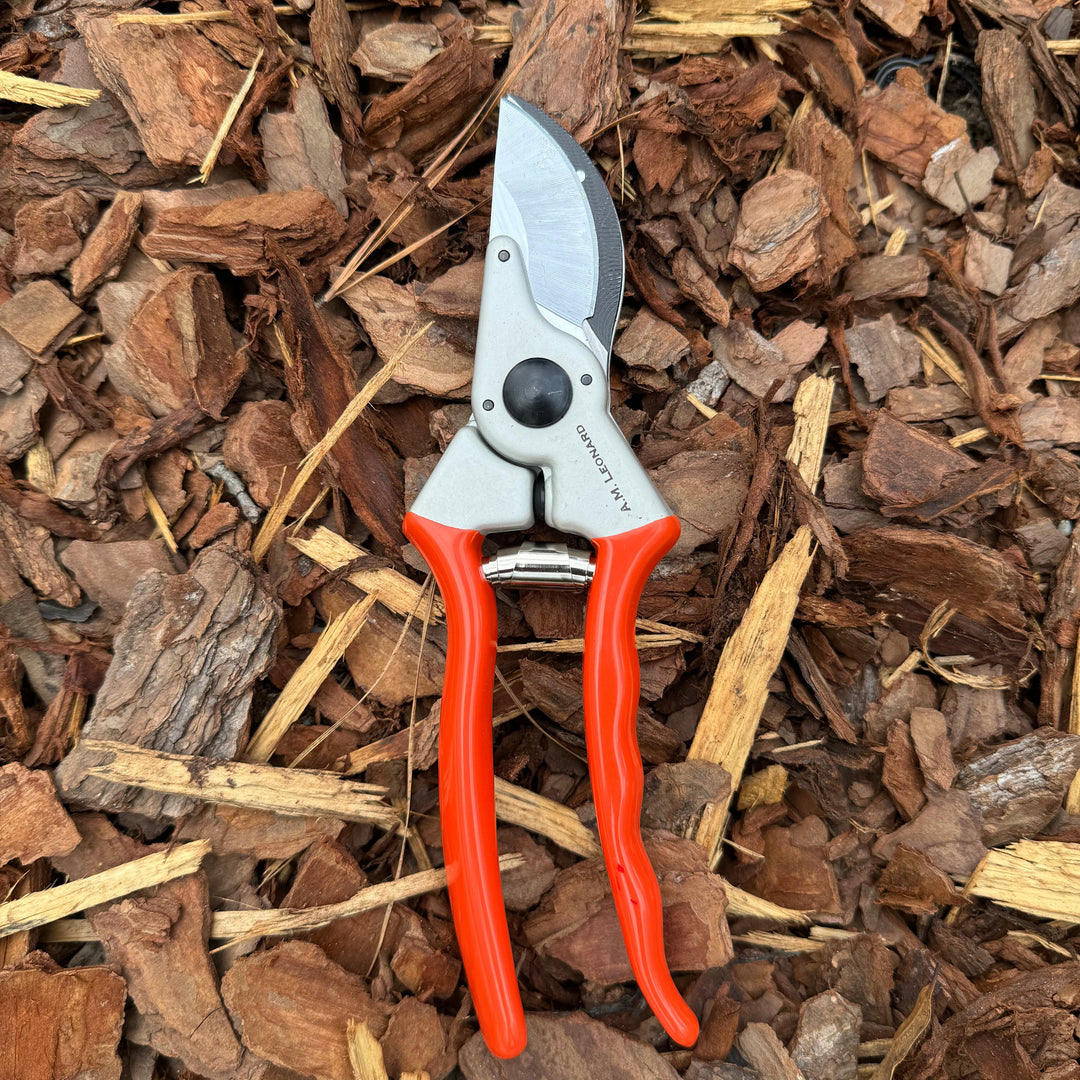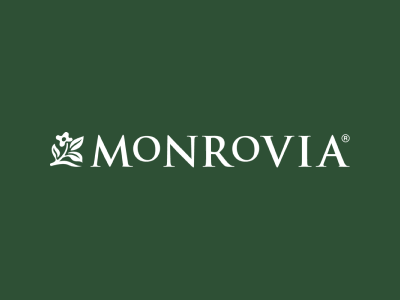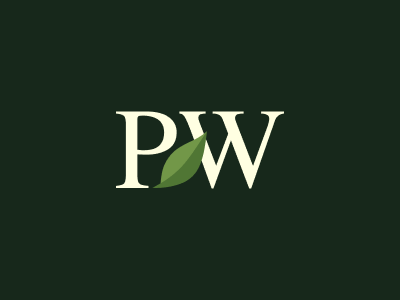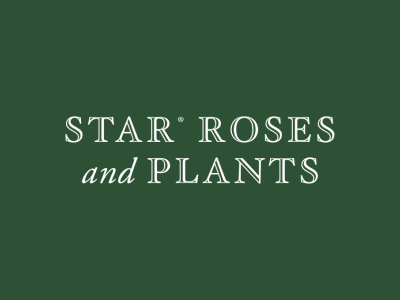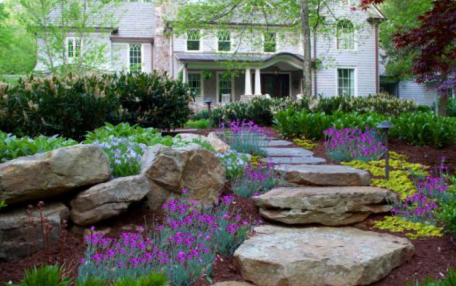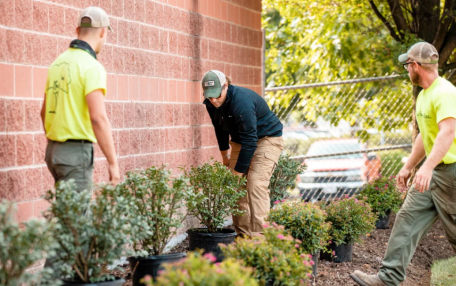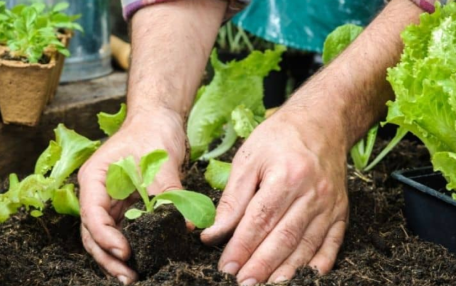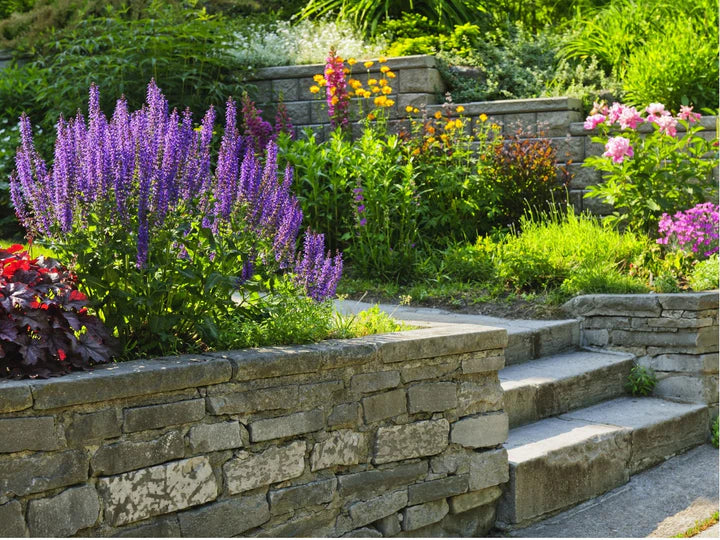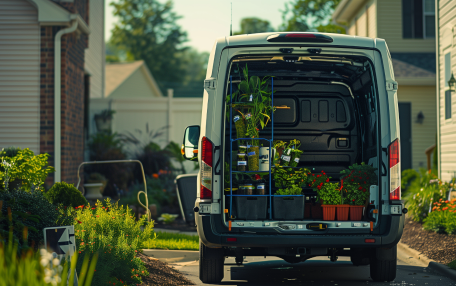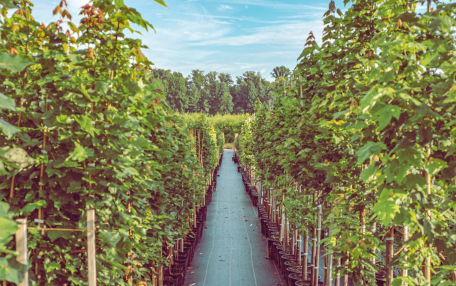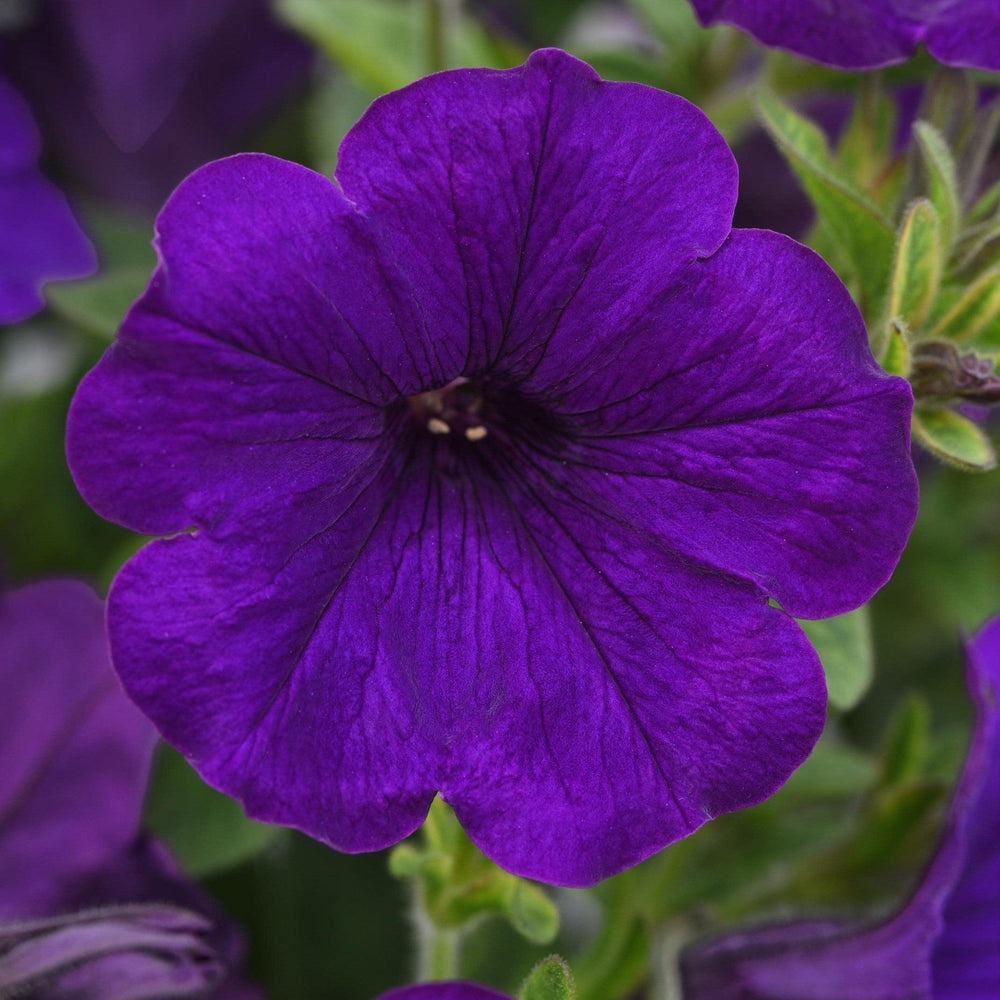Empowering Citizen Scientists to Protect Our Precious Pollinators - The Great Pollinator Census Project
Pollinators hold the key to our ecosystem by facilitating the reproduction of flowering plants. They are responsible for transferring pollen from the male parts of a flower to the female parts, enabling the production of fruits, seeds, and new plants. Pollinators, including bees, butterflies, birds, bats, moths, beetles, wasps, flies, and other small mammals, are nature's unsung heroes that silently work to sustain the delicate balance of our ecosystems. Their indispensable role in pollination serves as a linchpin for biodiversity and food security. However, the global decline of pollinator populations poses a significant threat to food security and biodiversity.
In response to this challenge, The Great Pollinator Census Project has launched a powerful initiative that engages citizen scientists in monitoring and conserving pollinators. The project is spearheaded by The University of Georgia Extension Coordinator and entomologist Becky Griffin. We’re kicking off Pollinator week with a promo for plants in our pollinator collection for 15% off with the code BUZZ15.

Becky Griffin with Coreopsis Flowers. Read more about Becky here.
Since its inception in 2017, the project has relied on the participation of individuals and communities to observe and record pollinator activity in their local environments. The website provides comprehensive resources and guidelines for citizen scientists to contribute effectively.

Laurel Ridge Elementary student studying a Swamp Sunflower.
Get started with your home landscape today with ServeScape!
Step-by-Step how to create a pollinator paradise in your home landscape:
Step 1: Evaluate your garden space. How much sun does it receive? Does it hold water or have good drainage? Check out our designs services to build your greenspace planning framework!
See if the Planting Plan, Landscape Plan, or Outdoor Living Package is suitable for your needs.
Step 2: Consider having your soil tested at your local Extension office. Results will help you pinpoint soil nutrition deficiencies. Great soil options can be found here.
Step 3: Choose plants considering your planting site and lifestyle. If you are a traveler or busy outside of your home, choose lower maintenance plants. Lean towards native plants.
Step 4: To attract the most diverse types of insects, vary flower form color and size. Check out our annuals here & perennials here. Plant in mass. Don’t plant one milkweed plant hoping to attract Monarch butterflies. If you have the room, plant 5, 7, 9 or more of each plant variety to ensure the butterflies can easily find the plants. Remember, though, even a large pot of pollinator plants on a patio balcony can make a difference! Shop all our pots here.
Step 5: Make sure some of your choices include August bloomers for the Census!
Amazing Pollinator Plants you can find at ServeScape blooming in August for the Census:
- Anise Hyssop
- Swamp Milkweed
- Butterfly Weed
- White Turtlehead
- Blue Mist Flower
- Purple Coneflower
- Joe-Pye Weed
- Swamp Sunflower
- Cardinal Flower
- Mountain Mint
- Black-eyed Susan
- Georgia Aster
GGAPC Goals:
- Create sustainable pollinator habitat by educating gardeners about using plants that provide nutrition for our pollinators while handling our summer droughts and do not have disease or pest insect pressure.
- To increase the entomological literacy of our citizens.
- To generate useful data about our pollinator populations.
Fast Facts:
- In 2022 alone, GPCP counted over 130,000 insects through the efforts of The University of Georgia, Clemson, and North Carolina A&T.
- From 2019 to 2022, the pollinator participation count has more than doubled from > 4,000 to > 8,000 individuals participating.
- This project alone created over 2000 new pollinator spaces like ServeScape.
- By 2024, Florida, North Carolina, South Carolina, and Georgia will all be participating.
Join the Count!
The pollinator census is quickly approaching for the weekend of August 18-19 and is open to Georgia, South Carolina and North Carolina residents. Click here for more information on how you can be a part of the community project.

